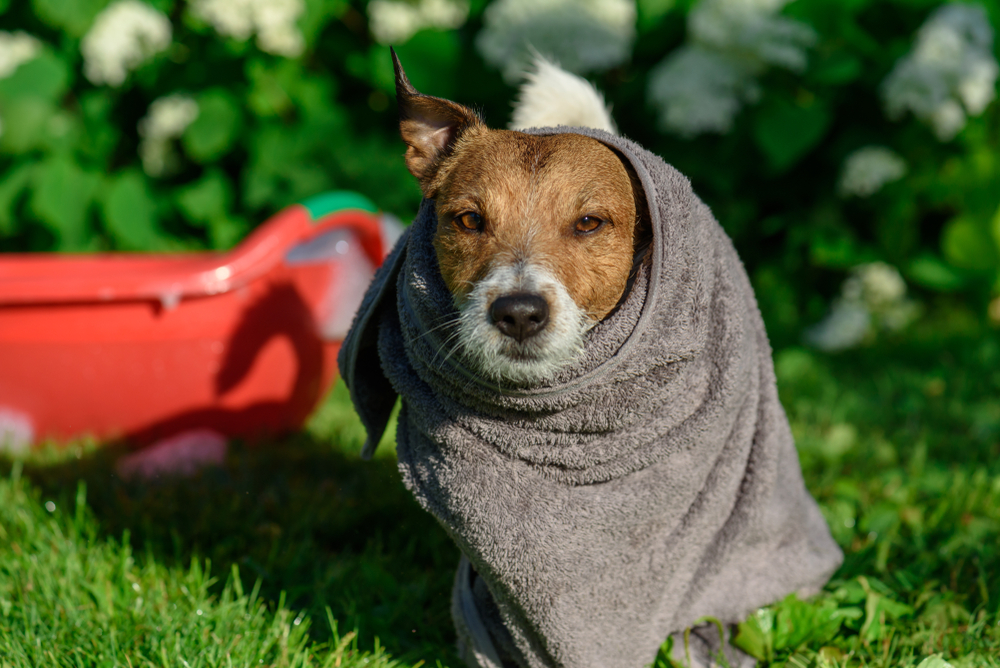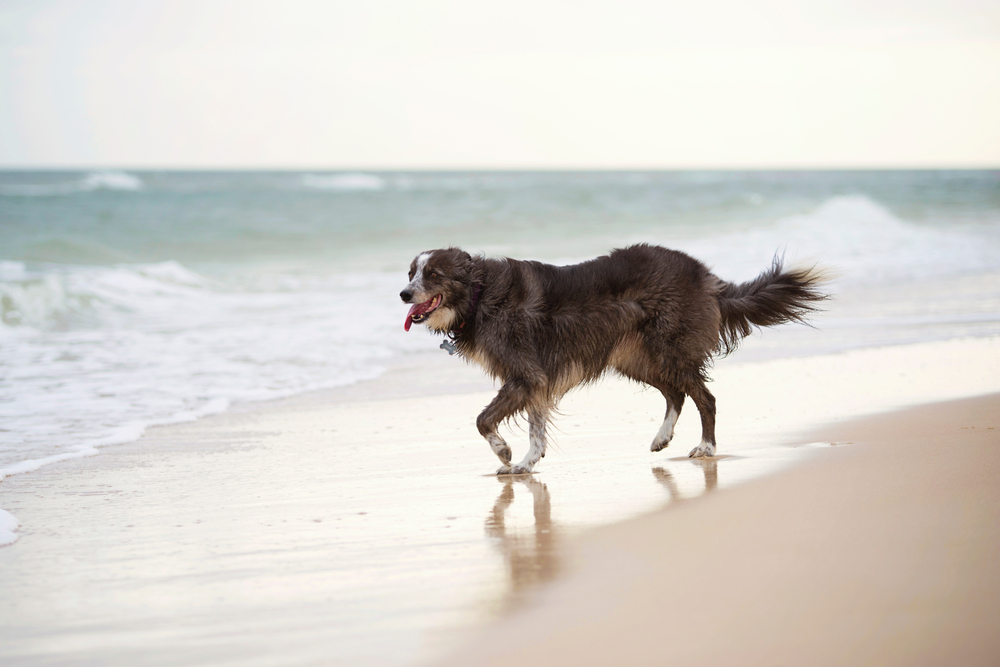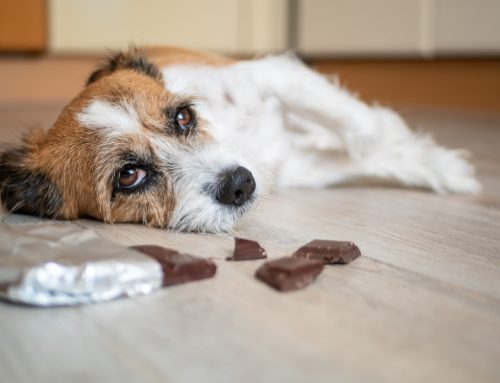On average, Florida experiences at least 25 dangerous heat days a year when the temperature reaches 103 degrees or higher. Numerous pets die every year after being left in unattended vehicles, and public safety announcements warning against leaving pets in parked cars are common during the summer months. While you should never leave your pet in a parked car, the team at Driftwood Animal Hospital wants you to be aware of other ways your pet can be negatively affected by the heat.
Dehydrated pets are at higher risk for heat exhaustion
Pets need adequate hydration to maintain normal bodily functions. The amount of water your pet requires varies based on their size, activity level, and the food they eat, but by providing several fresh water sources, you can help ensure your pet maintains proper hydration. Your pet will need more water on hot, humid days, and also when they are more active. You can help your cat stay hydrated by offering more wet food on hot days, and a water fountain to encourage drinking. On outings with your dog, take a bowl and bottled water, and frequently offer them drinks to ensure they stay hydrated.
Senior pets are at higher risk for heat exhaustion
As your pet ages, they are at higher risk for heat exhaustion, because they cannot regulate their body temperature, and they are more susceptible to extreme temperature changes. Senior pets are also more likely to suffer from medical conditions, such as heart or respiratory issues, that can make them more vulnerable to heat exhaustion. You should take extra precautions to keep your senior pet cool, and monitor them closely for heat exhaustion signs, including:
- Excessive panting or drooling
- Lethargy
- Vomiting
- Diarrhea
- Seizures
- Collapse
Brachycephalic pets are at higher risk for heat exhaustion
Since pets cannot sweat efficiently, they rely on panting to cool down. As they pant, air circulates over their tongue and oral tissues, causing evaporation and cooling. In brachycephalic breeds, such as boxers, pugs, and Persian cats, their flattened facial structure reduces the surface area that the air flows over, and their panting is less effective. Brachycephalic breeds should be kept inside in the air conditioning on hot days, and their time outside should be limited, and scheduled during the cooler times of the day.
Obese pets are at higher risk for heat exhaustion
If your pet is overweight, they are more at risk for heat exhaustion, because the excess fat acts as insulation. Obese pets are also more prone to medical conditions that can make them more vulnerable to heat exhaustion. Our veterinary professionals at Driftwood Animal Hospital will gladly help you devise a weight loss plan if your pet needs to lose a few pounds.
Strenuously exercised pets are at higher risk for heat exhaustion
Limit your pet’s exercise on hot, humid days. Panting is not as efficient as sweating in cooling down the body, and is not adequate to effectively cool down your pet after vigorous activity. If you do take your pet out on a hot, humid day, take frequent breaks in shady, well-ventilated areas, and offer your pet water to ensure they stay hydrated.
Pets with thicker, darker coats are at higher risk for heat exhaustion
Thick, dark coats not only absorb heat, but also have an insulating effect. If your pet has a thick coat, you should groom them frequently to remove matted fur and excess oil, to help the air circulate better near your pet’s skin. Never shave your pet, since their fur can help protect them from the heat and prevent sunburn. When outside, ensure your pet has access to shade, and consider providing a kiddie pool or sprinkler to help them stay cool.
What should you do if your pet becomes overheated?

Your pet’s temperature should be 101 to 102.5 degrees. Temperatures higher than 103 are concerning, and temperatures 105 and higher are considered heat exhaustion, which is a medical emergency for pets, and can cause life-threatening problems. The intense inflammatory process affects their entire body, causing dangerous issues in several body systems. If your pet is exhibiting signs indicating heat exhaustion, such as excessive panting or drooling, lethargy, vomiting, diarrhea, seizure, or collapse, follow these steps:
- Take your overheated pet to a cool, well-ventilated area, and offer them cool water.
- If possible, take your pet’s rectal temperature with a digital thermometer.
- Cool your pet down with wet towels, or by submerging them in a cool water bath, ensuring their head remains above water. Do not use ice or ice water during this process, as this can result in shock.
- Once their temperature reaches 103 degrees, or if their temperature has not decreased after 10 minutes, take them to Driftwood Animal Hospital as soon as possible.
If your pet appears to recover after overheating, they still need a veterinary professional’s evaluation, because heat exhaustion can have internal effects that are not always immediately apparent.
Several situations can result in your pet becoming overheated during Florida’s hot summer months, but by being aware and taking a few precautions, you can keep your pet cool and safe from the sun’s intensity. If you would like to discuss your pet’s risk for heat exhaustion, or they are showing overheating signs, do not hesitate to contact our team at Driftwood Animal Hospital.








Leave A Comment